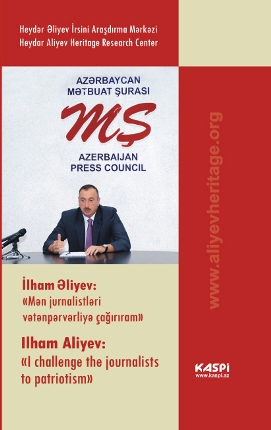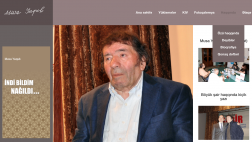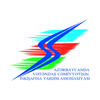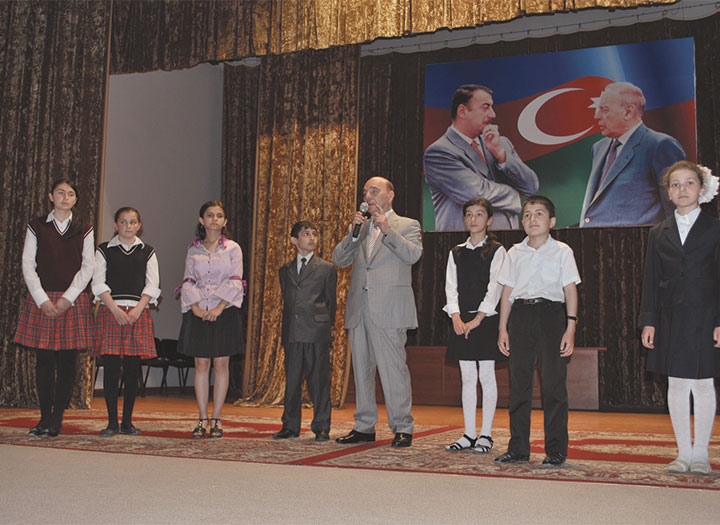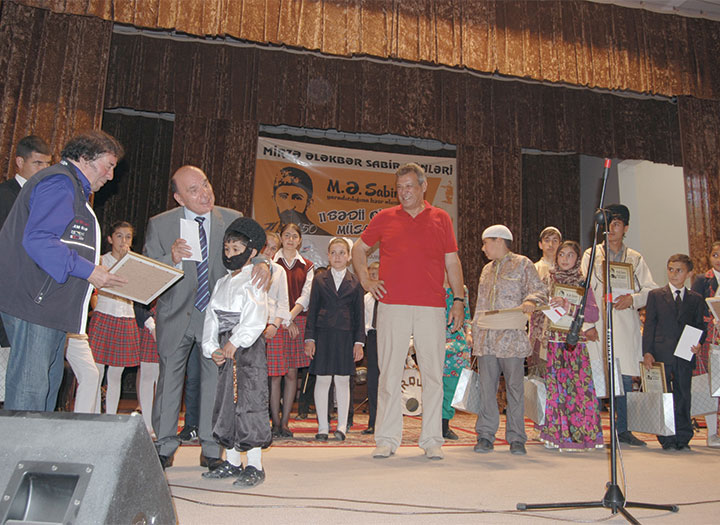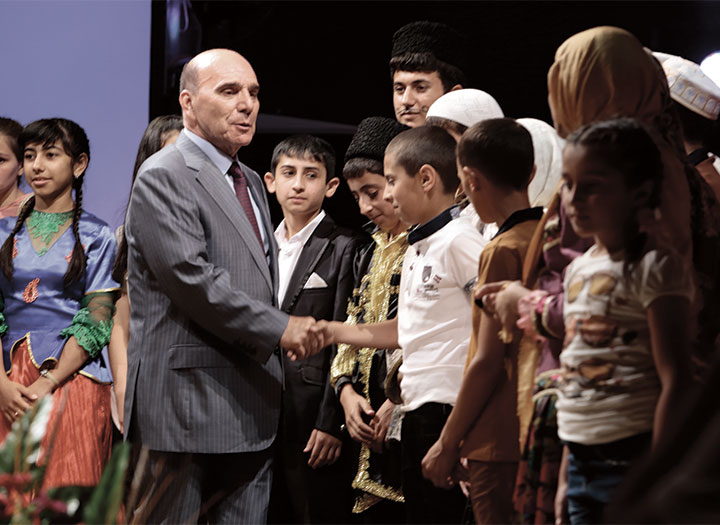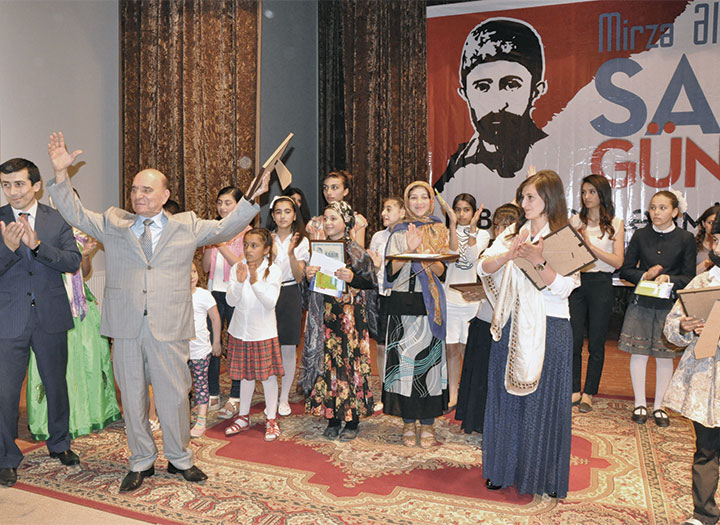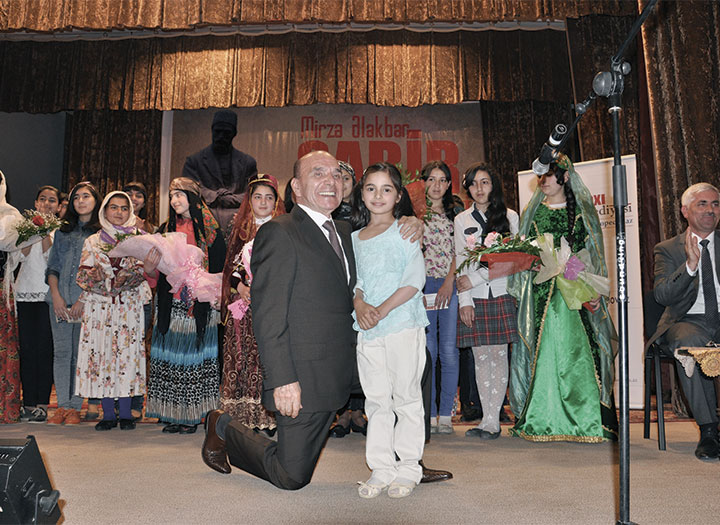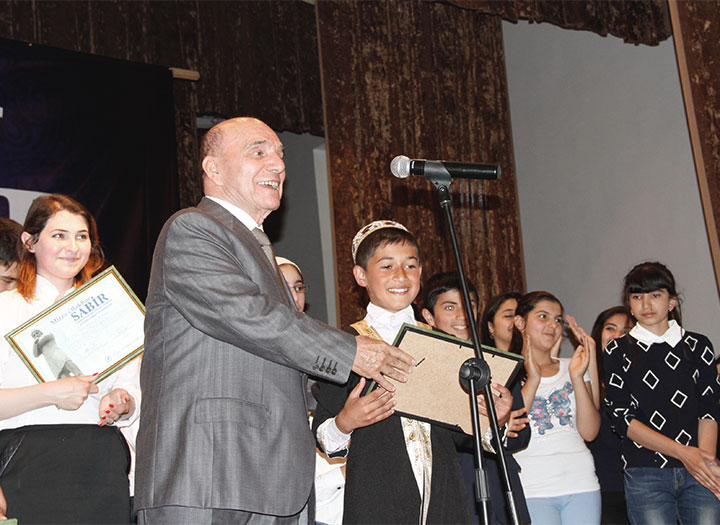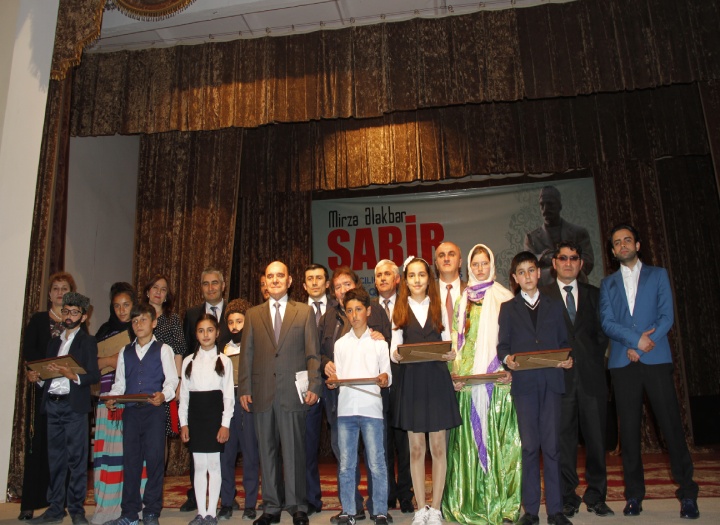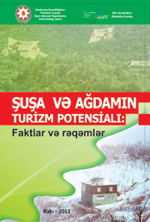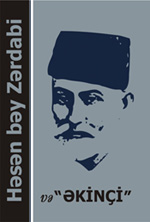 I think, the nowadays arts have not gained the right on sermon, they are still to follow an uneasy road to confession. Not easy, because, recently, I often come across an attempt to confess on printed pages and I am surprised to find out that an author’s confession quite against his/hers will turns out to be a progressive article on subject how it is necessary to confess…It is much easier to tell “do not lie”, “do not steal” than “I will not lie any more, I will not touch a stolen thing”. The latter very much obliges. And we indeed do not have certain grounds to believe in ourselves. And that is why we do not like to bind ourselves with burdening obligations”.
I think, the nowadays arts have not gained the right on sermon, they are still to follow an uneasy road to confession. Not easy, because, recently, I often come across an attempt to confess on printed pages and I am surprised to find out that an author’s confession quite against his/hers will turns out to be a progressive article on subject how it is necessary to confess…It is much easier to tell “do not lie”, “do not steal” than “I will not lie any more, I will not touch a stolen thing”. The latter very much obliges. And we indeed do not have certain grounds to believe in ourselves. And that is why we do not like to bind ourselves with burdening obligations”.
Then I was not engaged in protection of journalists’ rights yet, thus I considered the problem wider, as a whole culture.
Nowadays I think that a great mistake of mine was in my understanding the notion “culture” together with journalism by habit. Now I think another way, however the diagnosis does not change. Circumstances have greatly and noticeably changed, in comparison with us who face these pretensions till now on.
The journalism, I got absolutely absorbed in, became extremely brave to 1991, from today’s point of view unbelievably brave. But that brevity was related to the past, concerning the present routine and politics, the press was more likely to follow the notion of uncompromising than of rationality. Journalists were trying on the name of “the fourth power” just appeared in Russia, not paying attention to the fact that this is the power of a public opinion but not of the press.
Since 1990 the press has got a law on press, the law was competent, balanced, and complete from a juridical point of view of those times. They considered the law, giving the right to the press but neglected those points of obligations.
By October, 1993, when the press faced a cardinal problem “who you are with, the masters of culture – with the reactionary Supreme Council or the President – loyal to the press and democratically developed?”, the press was divided, already feeling even then its commonness as a burden and having no account on the victory in the political squabble as lesser in meaning in comparison with the understanding of commonness of its tasks and aims.
The Foundation to protect glastnost, that I headed, at the end of October, 1993 had to feel its loneliness for the first time: a part of communist oriented newspapers was closed at a time and its authors had no opportunity to speak out at the democratic press. Journalism was prevailingly political.
If to imagine a society as a ship with a power and state as a changeable team in a captain’s cabin, and the press as one of the major powers proving the ship steadiness during storms of times, then already the 1993 showed the press could be whatever, but in a captain’s cabin, completely forgetting the obligation to ensure balance. All this resulted in the1996 high time for keeping up with the natural process of events, or by force changing the balance of election preferrations set in the society and with friendly efforts to make the society elect Yeltsin. The alternatives were not discussed, the press put a question, i.e. communists or Yeltsin, and it made all possible to have Yeltsin elected.
At this point, the period of independent democratic press as more or less influential public power may be considered as finished.
The authorities do not like press as they do not have to, nor press has to like authorities. But normal relations between them, in condition of material dependence of press on the ruling authorities, are very difficult, let alone impossible.
The first to feel this, were several thousands of regional newspapers with circulation of 3 to 10 thousand issues which are one of the fundamentals of the information field of the Russian Federation. A sequence of changes in the documents of publishing houses took place. To that extent the journalistic staff of regional newspapers, having given positions, asked about only two things: to get finances for regional newspapers directly from higher instances, passing by immediate regional management and about preserving the right to choose an editor-in-chief.
Since the beginning of 2000, vertical powers have started to be formed in the country. And like both the Soviet of Federation and State Duma lost independence and became strictly managed, the information field turned to be quite ready to be reorganized in the image and likeness of authorities. Even attempts to set aside obedient and disobedient by means of alternative to the Union of journalists as a Media union, Industrial Committee and other bureaucratic innovations which played a role of retranslations of the authorities’ impulse were done, and then letting the mass media collaborators understand how sweet the collaboration with the authorities was than opposing them, per se, were left as unnecessary and they languish in poverty even nowadays.
And what do we have in result? Three Federal channels – Perviy, Rossia and the NTV- everything is strictly controlled by the state and already habitually determined by weekly meetings between the heads of these channels and representatives of the President’s administration. The TVTS channel, financed and controlled by the Moscow government periodically expresses discontent in the matters of the whole state policy, but it is touchingly loyal in relation to the Moscow authorities who are in one course with the general state policy.
Besides, there is still not enough influential, though not with the highest rating channel the REN TV which keeps a certain part of independency but on account of some circumstances, the channel has to turn to its fellows and not to go far ahead.
Live broadcast has been practically liquidated on all the channels and any programs which may oppose opinions of a wide range on any issues in the society are censored the way politely called a montage.
Federal printing editions allow themselves to sound some opinions differing somehow from the point of view of the authorities but they do it so gingerly and politely that there is no noticeable resonance observed.
The press independence has become clenched as Balzac’s shagreen leather and is represented by the only Federal “Novaya gazeta”, radio station “Echo of Moscow” and three, four tens of independent regional editions: the total circulation of all these newspapers is up to 500 thousand issues, what is certainly a drop in a sea for the 150 million of population of Russia.
Some hope may be just for regional publishing houses which have their own publishing equipment, which are steadily following their regional policies stage by stage.
There are no lesser suits brought by authorities’ representatives against the press all over the whole Russian Federation which proves that the state in the person of authorities of different levels but forming an impressive vertical is continuing attacks not against the editorial staff but against separate disagreed with the general tendency journalists who have not been deprived of tribune yet.
The investigations carried by the Glastnost Foundation proved that nearly 70 % of the texts published in newspapers and spoken on TV and radio channels are mainly authority and its representatives oriented, while the society with its whole specter of opinions and citizen’s initiatives is at the periphery of the journalistic awareness and can not play any meaningful role in salvation of main life issues of the country.
It may be early to state results of all this, but nowadays, it is obvious, the present level of freedom of speech in mass media is not in compliance with the tasks of time, even with those ones claimed by the authority.
